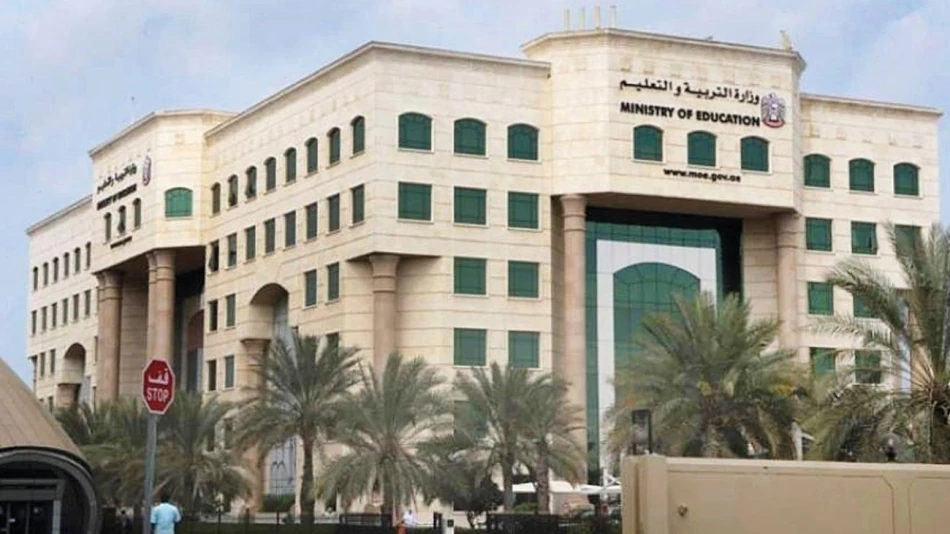
Navigating the Transition: Secondary Students' Path Changes in the New Academic Year
UAE Introduces Flexible Academic Pathways with Strict Grade Requirements for High School Students
The UAE Ministry of Education has unveiled new guidelines allowing students to transition from general to advanced academic tracks during their secondary education, but only if they meet stringent performance criteria. The policy creates opportunities for academic mobility while maintaining rigorous standards that could reshape how students approach their educational trajectories.
Grade-Based Transition Requirements
Under the new framework for the 2025-2026 academic year, students must achieve a minimum of 80% in English, Mathematics, and Science during their first semester to qualify for track advancement. This threshold applies specifically to eighth-grade students seeking to enter ninth grade in the advanced track, and ninth-grade students aiming to join the advanced tenth grade.
The policy reflects a merit-based approach that prioritizes academic excellence over administrative convenience. By setting the bar at 80%, the ministry ensures that only high-performing students can access more challenging curricula, potentially preventing academic struggles that might arise from premature advancement.
Limited Windows for Academic Mobility
Early Secondary Years Offer Flexibility
The transition opportunities are deliberately front-loaded in the secondary education cycle. Students in grades 8 and 9 have the clearest pathways to upgrade their academic tracks, suggesting the ministry recognizes these years as critical decision points where students' academic interests and capabilities become more defined.
Upper Grades Face Restrictions
The policy takes a markedly different approach for advanced students. Eleventh and twelfth-grade students in the general track cannot transition to advanced programs, creating a clear academic ceiling that emphasizes early decision-making and sustained performance.
However, eleventh-grade students retain some flexibility within their chosen tracks, with scenario changes permitted only during the first two weeks of the academic year. Twelfth-grade students must continue with their previously selected academic scenarios without modifications.
Strategic Implications for UAE's Education System
Alignment with National Development Goals
This policy aligns with the UAE's broader vision of developing a knowledge-based economy that requires highly skilled graduates in STEM fields. By emphasizing Mathematics, Science, and English as gateway subjects, the ministry signals these areas as national priorities for future workforce development.
The approach mirrors successful educational models in Singapore and South Korea, where early academic streaming combined with performance-based mobility has produced strong international test results and competitive graduates.
Impact on Student Motivation and Performance
The 80% threshold creates a clear incentive structure that could drive improved performance in foundational subjects. Students aware of advancement opportunities may invest more effort in their studies, potentially raising overall academic standards across the system.
However, the policy also introduces pressure points that could create anxiety among students and parents, particularly given the limited windows for track changes and the irreversible nature of decisions made in later secondary years.
Comparison with Regional Educational Trends
The UAE's approach contrasts with more flexible systems in countries like Canada or Australia, where students can often adjust their academic focus throughout high school. Instead, it resembles the structured pathways found in Germany's educational system, where early tracking decisions have long-term consequences for university and career options.
This structured approach may serve the UAE's specific needs as a rapidly developing nation seeking to balance accessibility with excellence in education, ensuring that advanced programs maintain their rigor while providing motivated students with opportunities for academic advancement.
Most Viewed News

 Sara Khaled
Sara Khaled






